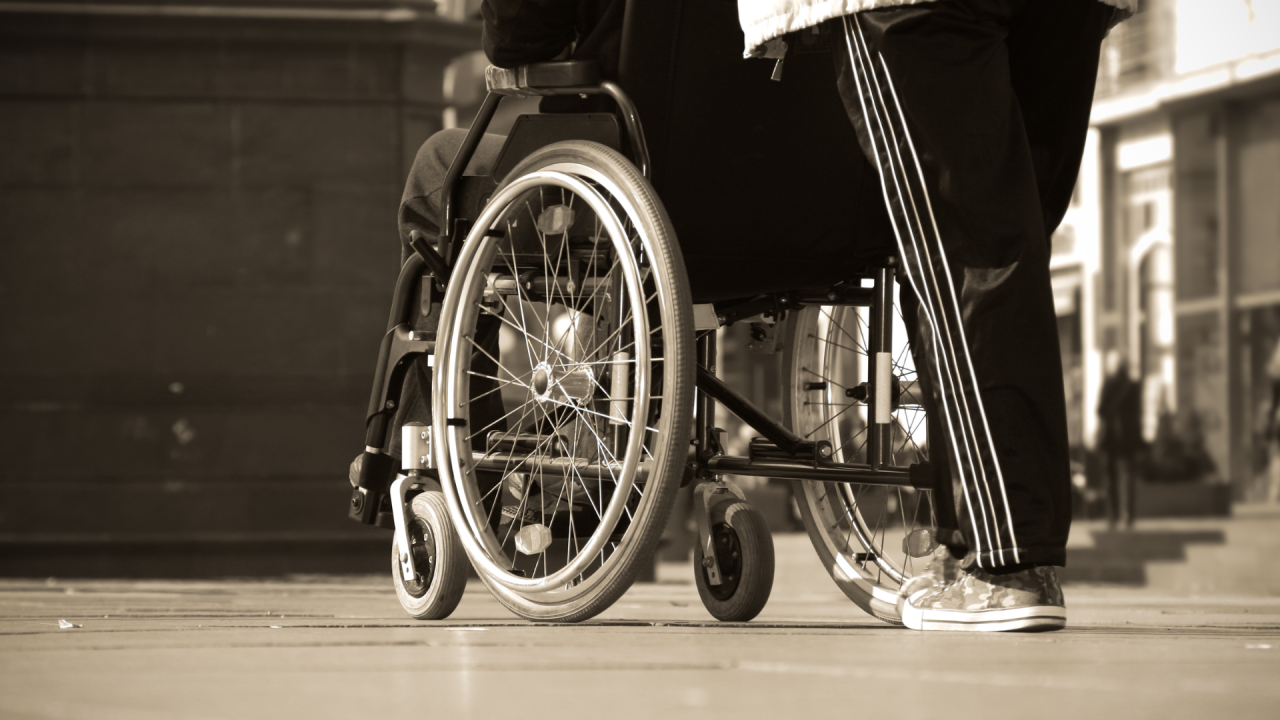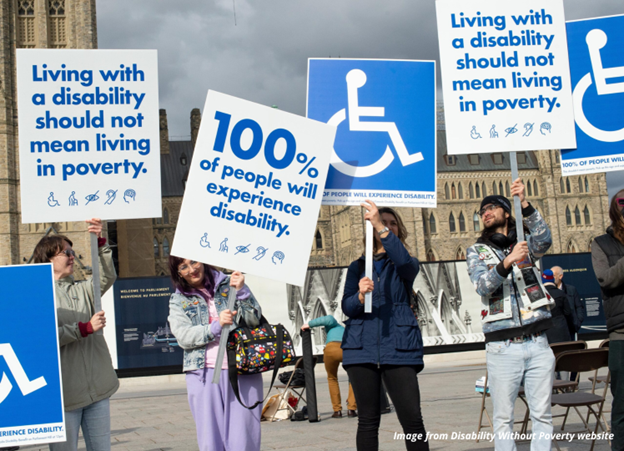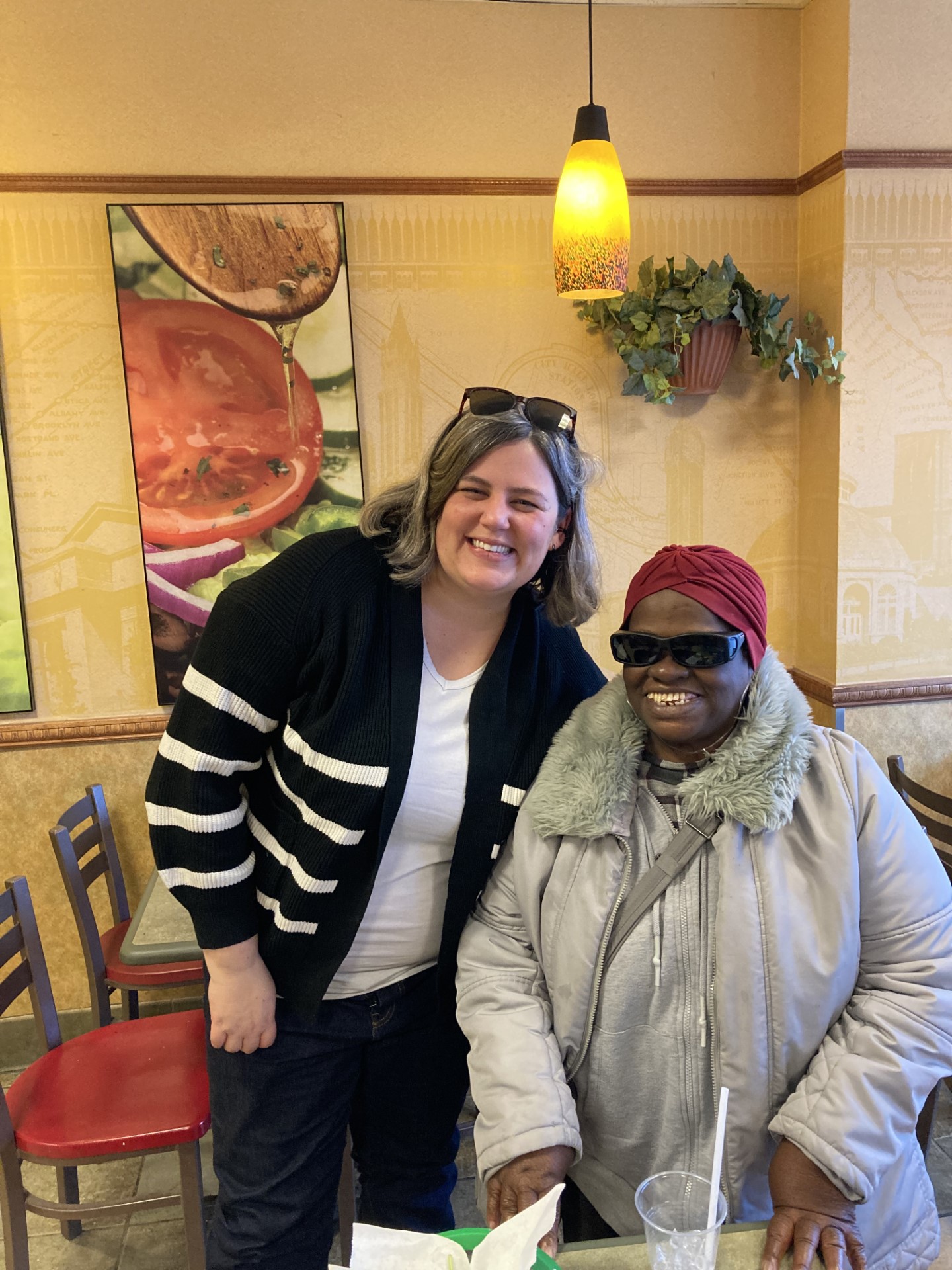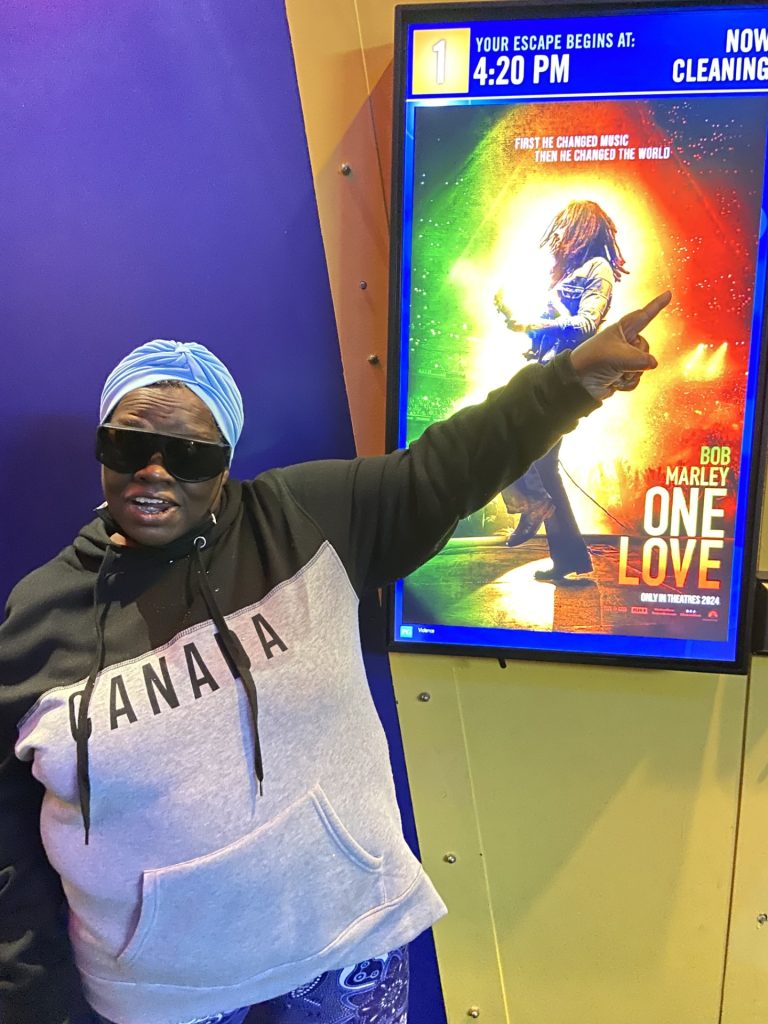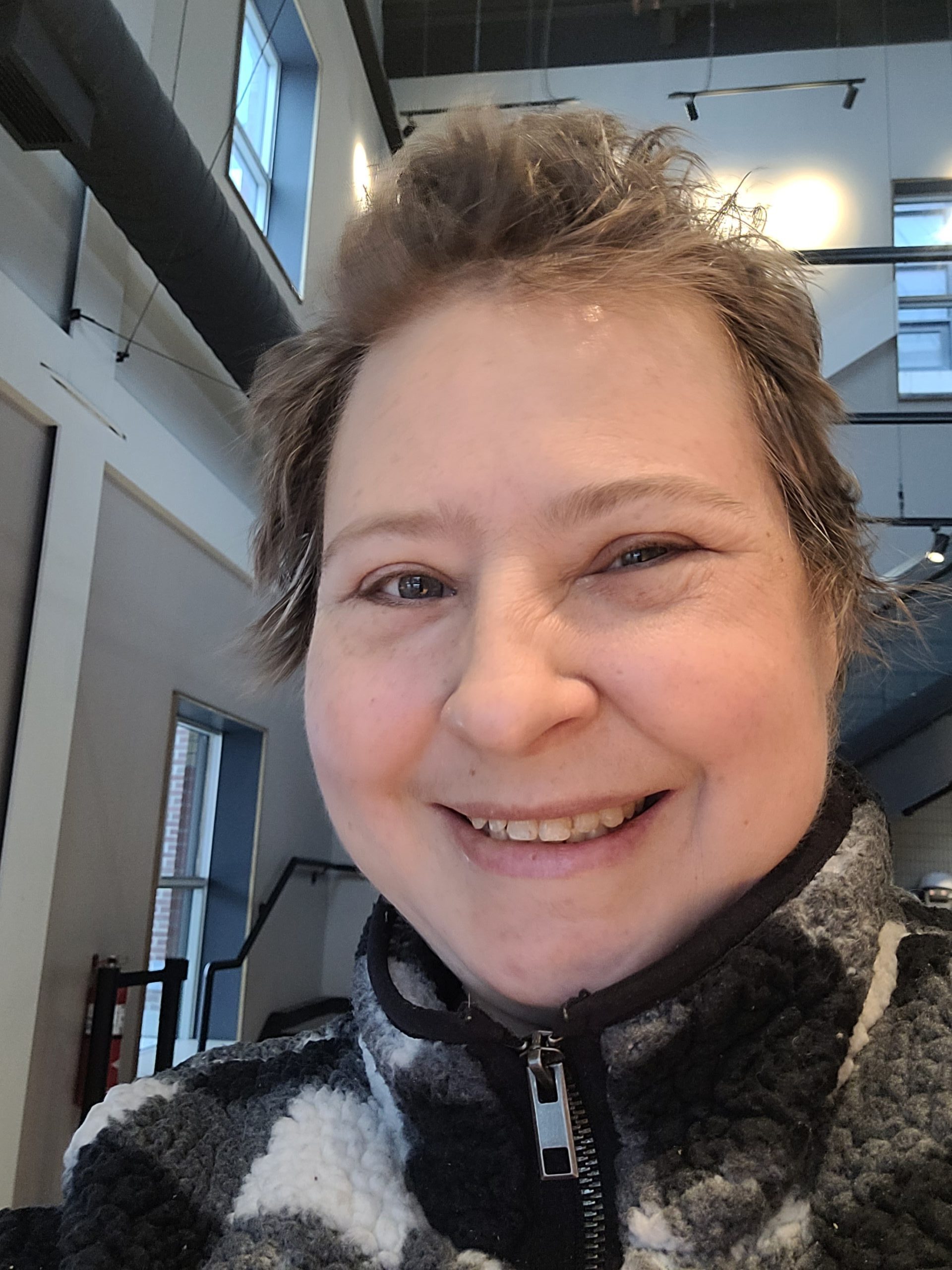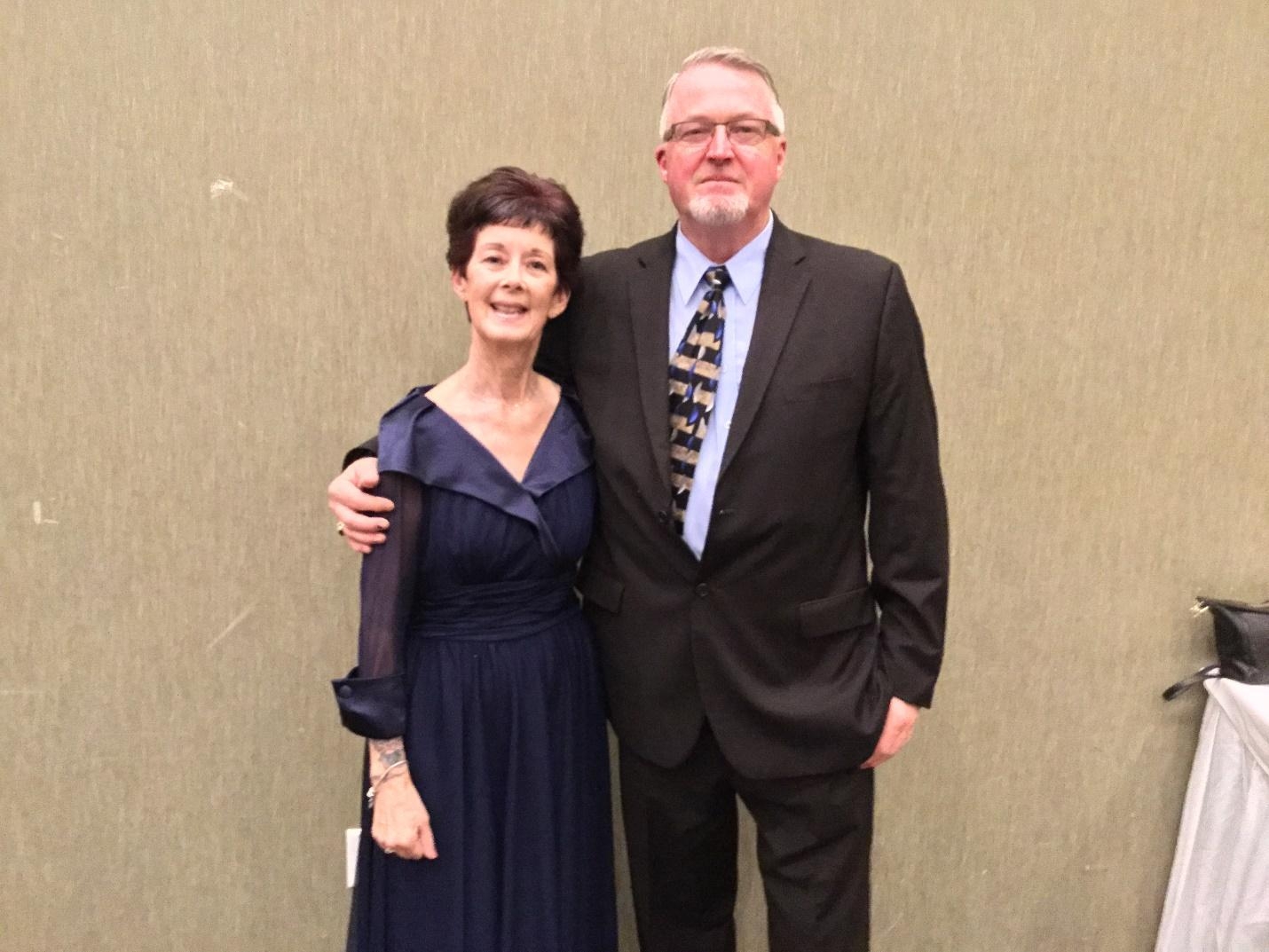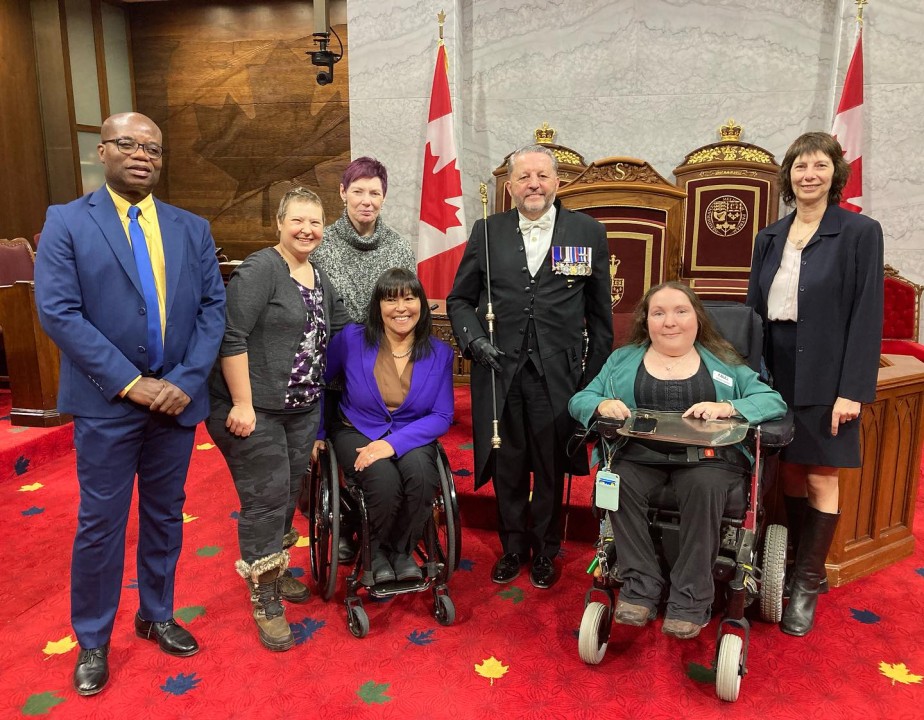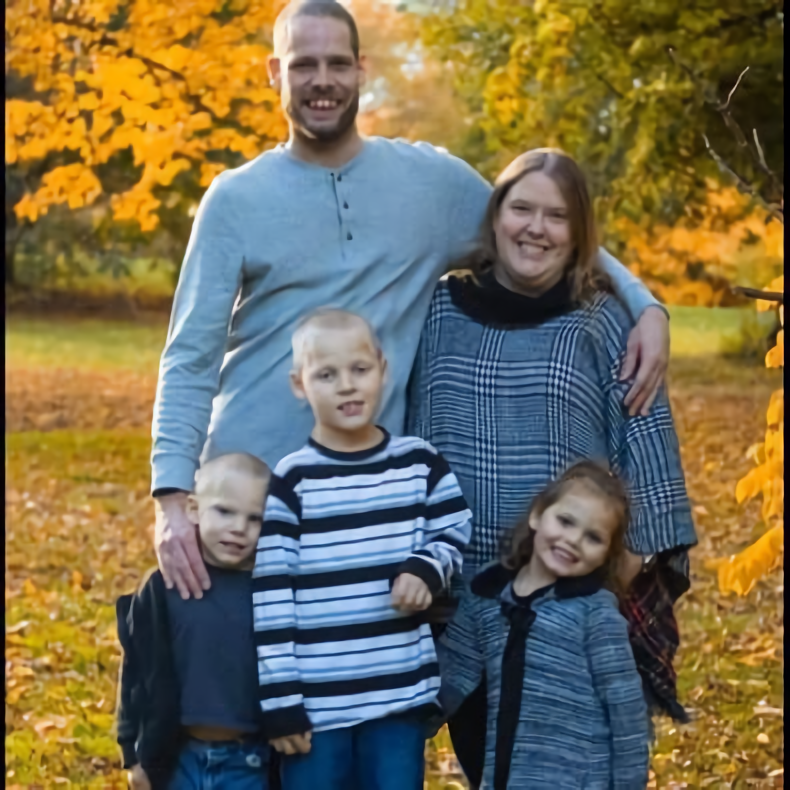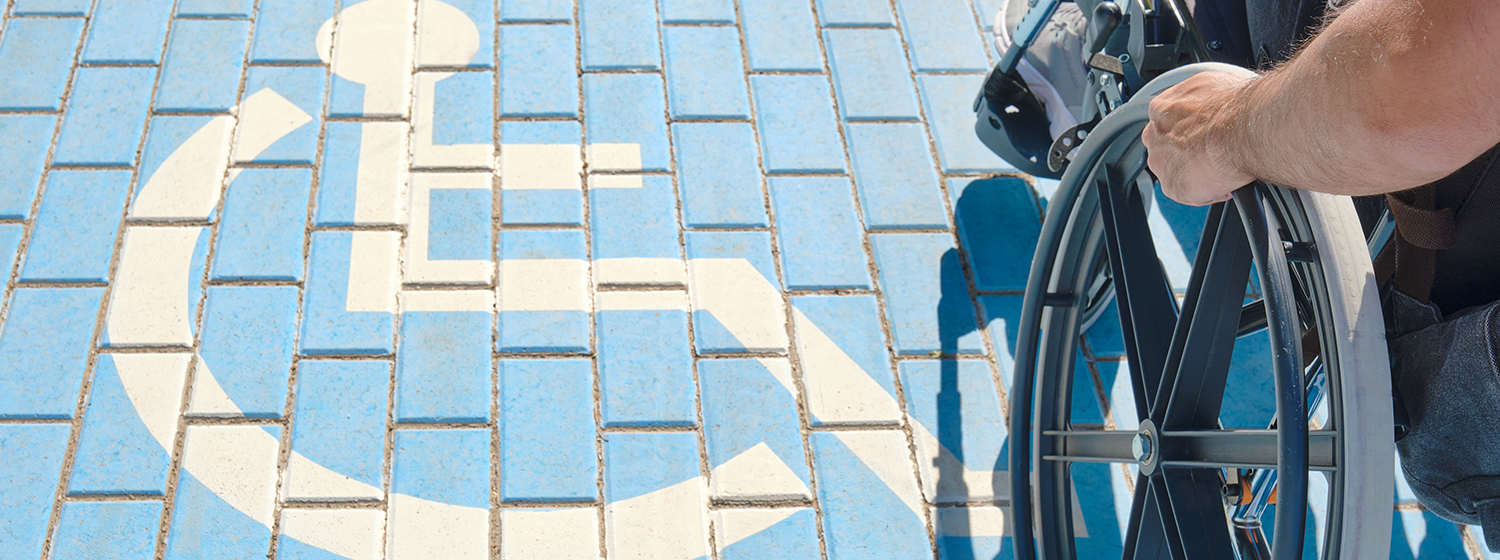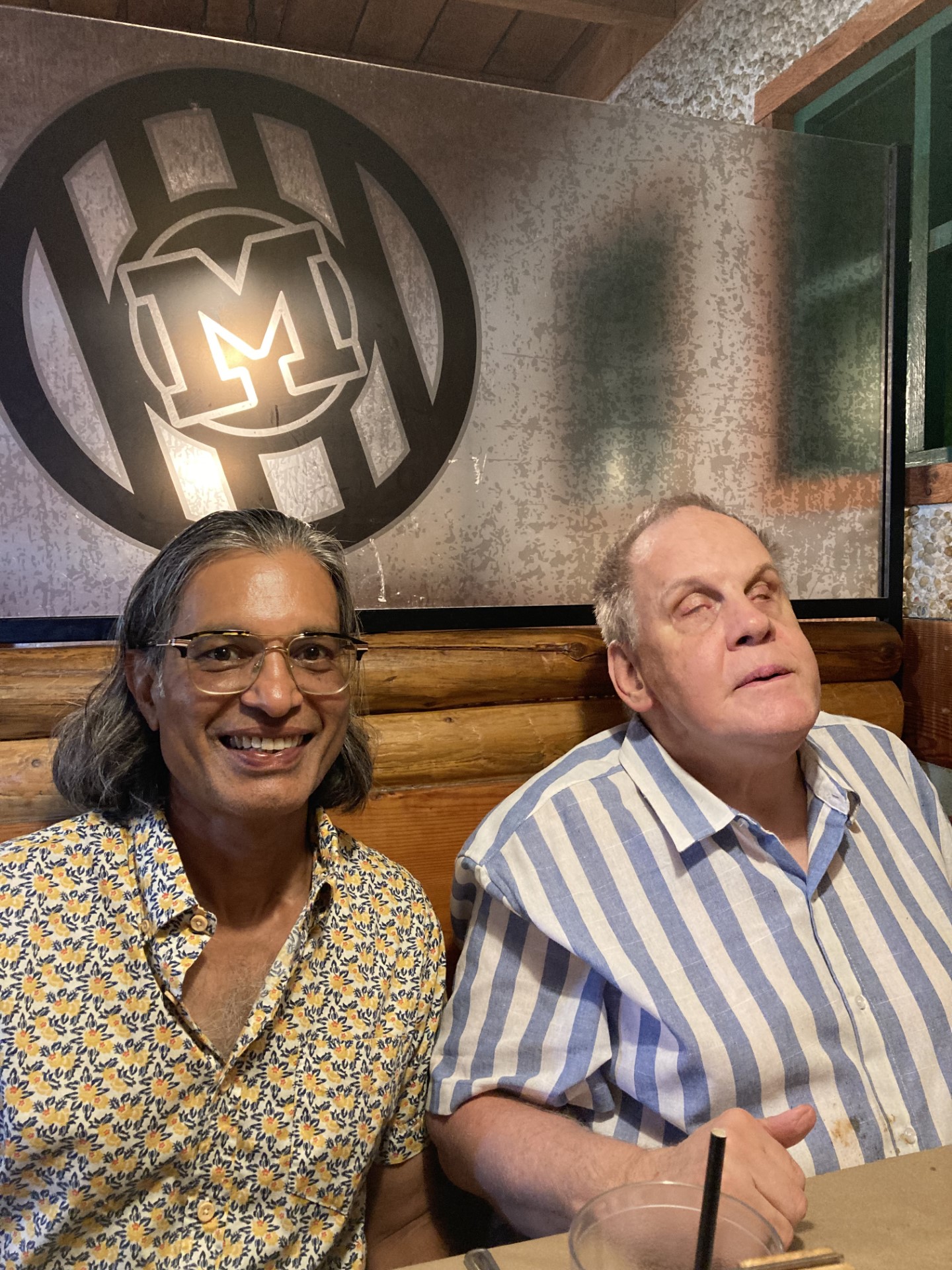By Frank B. Edwards (as published in the November 2023 ABLE2 Monthly Moments Newsletter)
Joey Desormeaux lovingly calls his three kids “the Zoo Crew.” His Stittsville trio – Aidan, 12, and 7-year-old twins, Hunter and Lily – are well-known free spirits in the neighbourhood and at school.
Until a few years ago, Joey, a congenial 44-year-old nurse, assumed that the kids shared his own attention-deficit/hyperactivity disorder (ADHD). Certainly, they were loud, unruly, and given to emotional meltdowns.
Joey recalls, “We knew something was up with their various early childhood milestones. They were slow to start talking and they had low reasoning skills. But they were hyper-accelerated at walking and running. At first it just seemed to be ADHD, but eventually we started thinking it could be a fetal alcohol disorder.”
Fetal alcohol spectrum disorder (FASD) is often mistaken for ADHD. So, when the children did not respond to typical treatment, their doctor referred them to the FASD team at Ottawa’s Children’s Hospital of Eastern Ontario (CHEO).
By then, Joey and the kids’ stepmother, Jamie, a healthcare worker, were convinced of FASD so they were relieved in early 2022 when CHEO staff made its “suspected FASD diagnosis” for Aidan and Hunter. Almost a year and a half later, in August 2023, the CHEO team confirmed FASD and began testing Lily. (She has exhibited fewer FASD behaviours than her brother and is doing math several grades ahead of her age.)
While alcoholic beverage bottles today carry warning labels about the dangers of drinking when pregnant, few people seem aware of how insidious FASD is – more than 1.5 million Canadians have been identified with the disorder. At 4% of the population, diagnosed FASD is more common than autism, cerebral palsy and Downs syndrome combined.
Alcohol can disrupt fetal brain development which in turn causes a wide range of serious physical and intellectual disabilities. The syndrome affects everything from intellectual and social function to motor skills and memory. An 18-year-old with FASD might appear physically similar to their peers but have the life skills of an 11-year-old and the social maturity of a six-year-old.
After CHEO’s “suspected” FASD diagnosis in 2022, the Desormeaux family was referred to ABLE2’s Fetal Alcohol Resource Program (FARP) and within a month received support from a social worker to help them bring order to their household.
ABLE2 is an Ottawa non-profit group charitable organization that offers important supports to people with disabilities in the region. It is the only local organization helping families facing the challenges of FASD.
“The ABLE2 program recognized what we had been doing right,” says Joey. He and Jamie had already established the consistent routines important to their youngsters, but they still had a lot to learn. “The program helped us guide our own responses to situations.”
Today, the homes of many ABLE2 FASD clients are decorated with reminder signs and family schedules to help reinforce daily routines that are second nature to other families. Repetition and consistency help impulsive children who lack flexibility and have trouble understanding the intricacies of social norms.
This summer, Joey’s “crew” welcomed a new FASD support worker from ABLE2 — Donna Douglas, a child and youth counsellor with 16 client families in the Ottawa region. Her most recent home visit focused on helping the family establish a consistent morning routine so everyone could start their day on a more positive note.
She also discussed how Joey and Jamie can deal with the frustration and constant pressure they face — and temper their own interactions with the kids. Listening to a typical exchange between parent and child, she observed an edge of adult sarcasm and reminded both Joey and Jamie to keep their corrective voices neutral. Joey jokes that he and Jamie are being coached on their “bad habits.”
“Yeah, we’re under the microscope now,” Joey laughs. “But the kids are ‘super feelers.’ They detect voice tones that we might not, along with a lot of other things.”
“I said to Aidan, ‘Dude, what are you doing? You’re 12 years old, you should know better.’ But, of course, he doesn’t because of his neural pathways. We have to constantly remind ourselves about that.”
Even minute changes to routine can cause major problems, such as when a new brand of detergent created a laundry revolt. The kids refused to wear some of their clothes because they smelled and felt different. They were even convinced the clothes no longer fit properly.
In her job at ABLE2, Donna does a lot of educational outreach, with both families and their community, explaining just how sensitive FASD children are. Sights, smells, sounds, touch, and even tastes can trigger unexpected reactions.
“A taste as common as broccoli can be very upsetting. Or a bad smell,” she says. Part of her job is to work with teachers, explaining the nuances of FASD and helping them set reasonable expectations and develop strategies to achieve them.
Teachers, like parents, get upset when students repeatedly “misbehave” but “it’s because they don’t remember what they are supposed to do,” she explains. “They are slow to respond and have poor attention spans. You have to repeat something four times to them… and then say it a fifth time.”
“People have to reframe their perceptions of behaviour and move from a punishment mode to a supportive mode,” she says.
This school year, with the FASD diagnosis in hand, Joey is focussing on social and education impacts. “We’re putting things in place now that we know why they’re doing what they do. It’s a continual learning journey.” He explains the children’s FASD diagnosis is considered a physical disability, essentially a brain injury, that will make them eligible for more support within the classroom.
Working in health care, both Jamie and Joey had a head start on many FASD families because they had heard of the disorder before. And they both knew the children’s biological mother may have consumed alcohol during her pregnancies, something she confirmed with the CHEO team.
“She was absent from the time the twins were one,” says Joey. “But I’m proud of her admitting to drinking.” Such confirmation makes a FASD diagnosis easier, and it supports the children, but is a hard step for mothers to take.
“It carries a lot of stigma for mothers,” says Donna. Medical histories of absent birth mothers are difficult to assemble so the CHEO team must rely on adoption and social agency records to complete a developmental profile that starts at pregnancy.
In her early client visits, either in person or on a video call, Donna gathers a child’s history before starting a conversation about the family’s goals and how she can help parents achieve them.
“FASD is very complex,” she says. “There are various levels of disability, and each child is different.”
Part of her job is to work with the changing expectations of parents and caregivers, helping them establish realistic goals, especially around emotional regulation at home, in public and in school. In September, she will be visiting Aidan’s and Hunter’s teachers to discuss the boys’ needs and find them supports.
Part of her educational arsenal is a slide show on her laptop with which she can give a thorough overview of FASD – to parents, caregivers, and teachers – in less than an hour. It is a sobering lesson on the lifelong effects of even small amounts of alcohol on a fetus.
“The alcohol enters the fetus through the blood and dehydrates brain cells. Those cells are the building blocks of development,” she explains. “Alcohol affects different cells in a fetus, disrupting its proper development.
“If a dehydrated cell dies, it can never do what it was supposed to do.”
For example, alcohol consumption in the first 19-22 days of gestation — before a mother even knows she is pregnant – can result in the facial features commonly associated with FASD. Yet, the reduced eye openings, flat midface and smaller head characteristics are found in only about 3% of people diagnosed with FASD.
Joey remains upbeat about the challenges that lay ahead for his family.
“Luckily, they are the sweetest kids in the world. They have the biggest hearts. But everything in our day is a situation…”
Remembering how overwhelming life seemed before help arrived, Joey offers three pieces of advice to FASD parents.
“Place yourself first, mentally, emotionally, and physically. You can’t give care if you don’t care for yourself. You’ll become too exhausted and emotional.
“Don’t be afraid of labels. Don’t be ashamed. Shout out loud and proud: My kid is special.
“And build a good family and support network.”
Certainly, ABLE2 is a key part of the Desormeaux strategy. “Without ABLE2, people like us would be lost,” he says.

